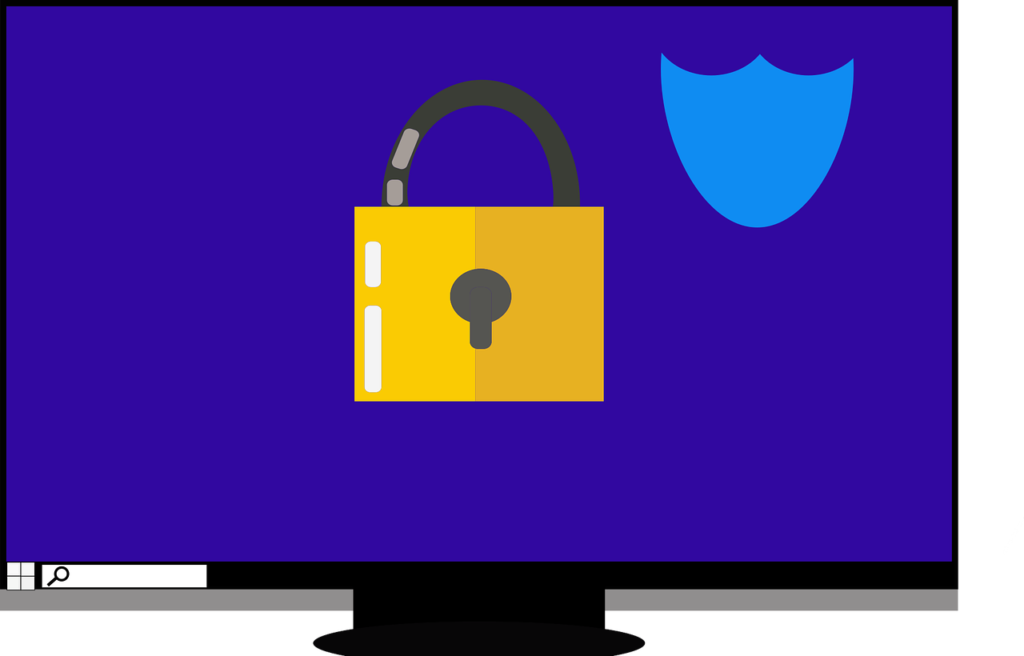
In our digital age, staying safe online is more crucial than ever, especially for small businesses. As technology evolves, so do the risks lurking in cyberspace. But fear not! By understanding the threats and adopting best practices, you can safeguard your digital presence and protect your business. Let’s dive into some key insights and practical tips:
The Importance of Online Security
Often, it’s our own actions that leave us most at risk of a cyberattack or online scam. Risky behaviors include weak passwords and lax security policies, as well as the simple thought of, “This won’t happen to me.” But in truth, human error is the cause of approximately 88% of data breaches.
The National Cybersecurity Alliance and CybSafe are working to correct poor cyber hygiene. Each year, the duo publishes a report on cybersecurity attitudes and behaviors. The goal is to educate both people and businesses on how to better secure their digital landscapes.
This year’s study surveyed over 6,000 people across the U.S., Canada, the U.K., Germany, France, and New Zealand. The survey asked about several things, including knowledge of cybersecurity risks, security best practices, and challenges faced.
The report reveals some eye-opening insights. These include how people perceive and respond to cyber threats as well as what they can do to improve their cybersecurity posture. Here are some of the key findings from the report.
The Study: What Can We Learn?
It’s no surprise that 93% of the study participants are online daily. The logins we create continue to expand, as well as those considered “sensitive.” Sensitive accounts hold personal information that could be harmful if stolen.
Nearly half (47%) of the study’s respondents have ten or more sensitive online accounts. This amplifies risk, especially if people are using the same password for two or more of those accounts.

Each year, organizations like the National Cybersecurity Alliance and CybSafe conduct studies to understand cybersecurity attitudes and behaviors. Insights from these studies shed light on how people perceive and respond to cyber threats.
Addressing Common Concerns
While most people prioritize online security, many also express frustration and intimidation when it comes to protecting their digital assets. Most people (84%) feel that online security is a priority, but as many as 39% feel frustrated and nearly the same amount intimidated. Many people and business owners voiced how it can seem that you just can’t get ahead of the hackers. Just over half of people thought digital security was under their control, with almost half feeling like they had no control over digital security.
However, there are practical steps you can take to mitigate these concerns. From enabling multi-factor authentication to using email spam filters, these measures can help fortify your online defenses and instill confidence in your digital security posture.
The Need for Cybersecurity Training
One way to reduce human errors associated with cybersecurity is to train people on the risks and processes of cybersecurity. The survey found that just 26% of respondents had access to cybersecurity training.
It also broke this down by employment status. We see that those not actively employed are most lacking. Even those employed can use more training access and encouragement. Just 53% report having access to cybersecurity awareness training and using it.

One way to combat human error in cybersecurity is through education and training. Unfortunately, access to cybersecurity training remains limited for many individuals, particularly those who are not actively employed. By investing in cybersecurity awareness programs, businesses can empower their employees with the knowledge and skills needed to recognize and respond to cyber threats effectively.
Taking Action Against Cybercrime
Over a quarter (27%) of survey participants said they had been a victim of cybercrime.
The types of cybercrimes reported include:
- Phishing (47%)
- Online dating scams (27%)
- Identity theft (26%)
Which generation reported the most cybercrime incidents? Millennials. In fact, Baby Boomers and the Silent Generation reported the fewest. This can reflect the time millennials spend online or their awareness of security risks, but whatever the reason, it also reflects the rise of cybercrime.
With cybercrime on the rise, it’s essential to stay vigilant and proactive in protecting your business. Common cyber threats include phishing attacks, online scams, and identity theft. By adopting security best practices, such as using strong, unique passwords and regularly updating software, you can reduce your risk of falling victim to these malicious activities.

Online Security Best Practices
Here are some practical tips to enhance your online security:
- Use strong, unique passwords for each online account.
- Enable multi-factor authentication for added security.
- Keep your software up to date with regular updates.
- Exercise caution when clicking on links or opening attachments in emails.
- Connect to secure Wi-Fi networks and avoid public Wi-Fi for sensitive transactions.
- Back up important data regularly to ensure data recovery in case of a breach.
- Install reputable antivirus and anti-malware software on all devices.
- Review and adjust your privacy settings on social media platforms.
- Secure your personal devices with strong passwords or biometric authentication.
- Stay informed about cybersecurity threats and best practices through ongoing education and training.
Schedule Cybersecurity Awareness Training
Ready to take your cybersecurity efforts to the next level? Our experts offer customized training programs to help small-town businesses like yours strengthen their defenses against cyber threats. Contact us today to schedule a consultation and safeguard your digital assets!
By implementing these practical tips and investing in cybersecurity training, you can protect your business from cyber threats and ensure peace of mind in our increasingly connected world.
Did you know that Hop-A-Long I.T. offers comprehensive cybersecurity protection to our clients? We even have monthly plans for small businesses to have predictable costs and maintain the most up-to-date security. Call us today!
